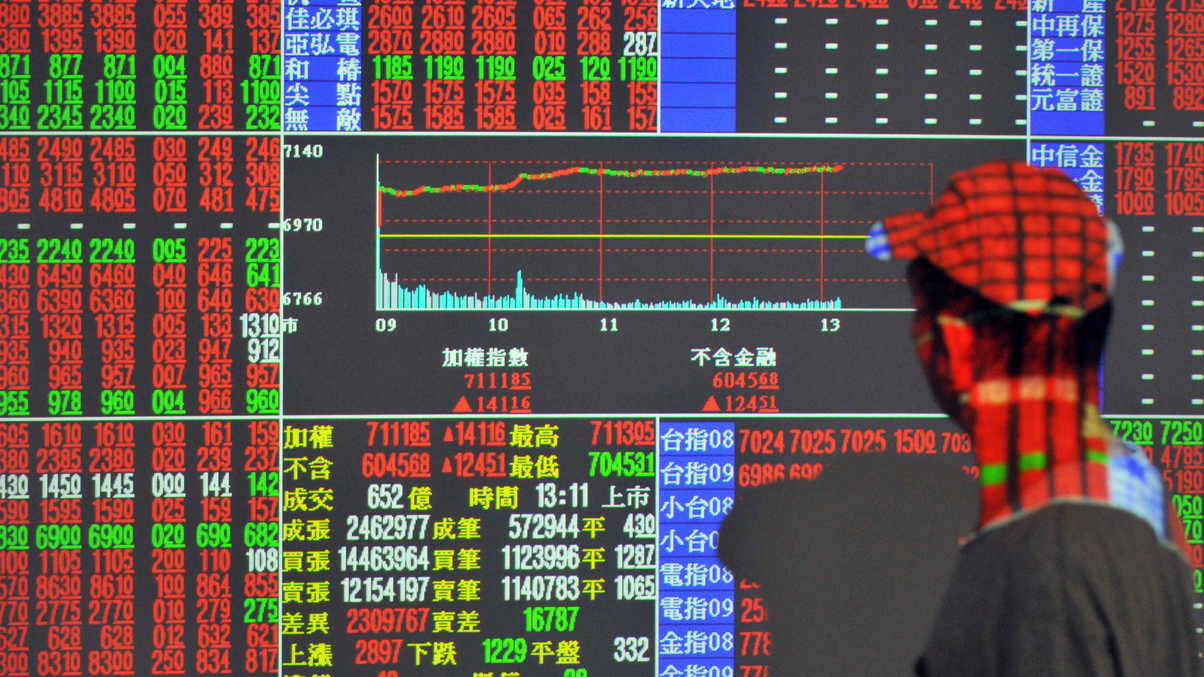Taiwan set for imminent launch of alternative ETFs
The Financial Services Commission is expected to announce rules to permit leveraged and inverse ETFs soon to list on the local bourse, amid optimism they will be well received.

Taiwan’s securities regulator is set to announce new regulations to allow local fund managers to launch alternative ETFs, including inverse and leveraged products.
Sign in to read on!
Registered users get 2 free articles in 30 days.
Subscribers have full unlimited access to AsianInvestor
Not signed up? New users get 2 free articles per month, plus a 7-day unlimited free trial.
¬ Haymarket Media Limited. All rights reserved.


